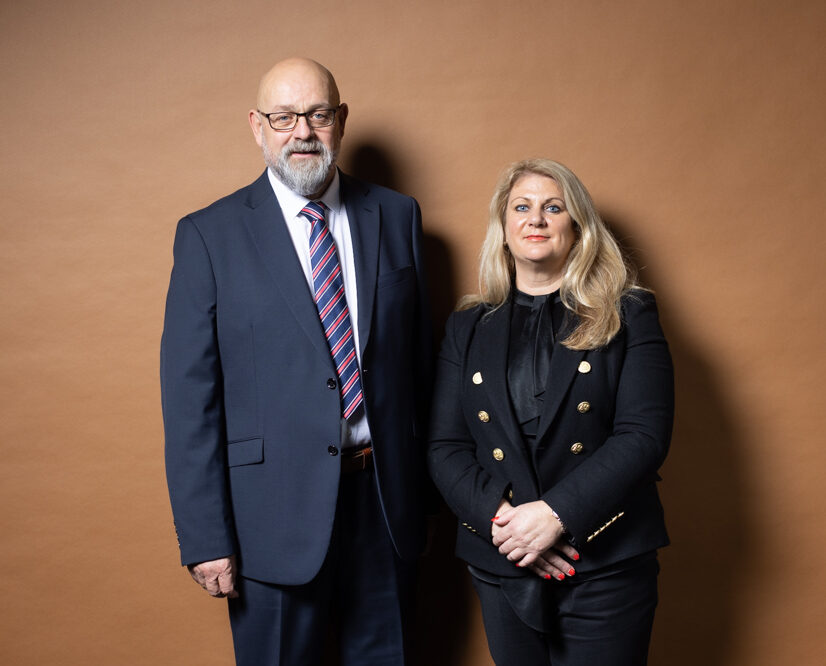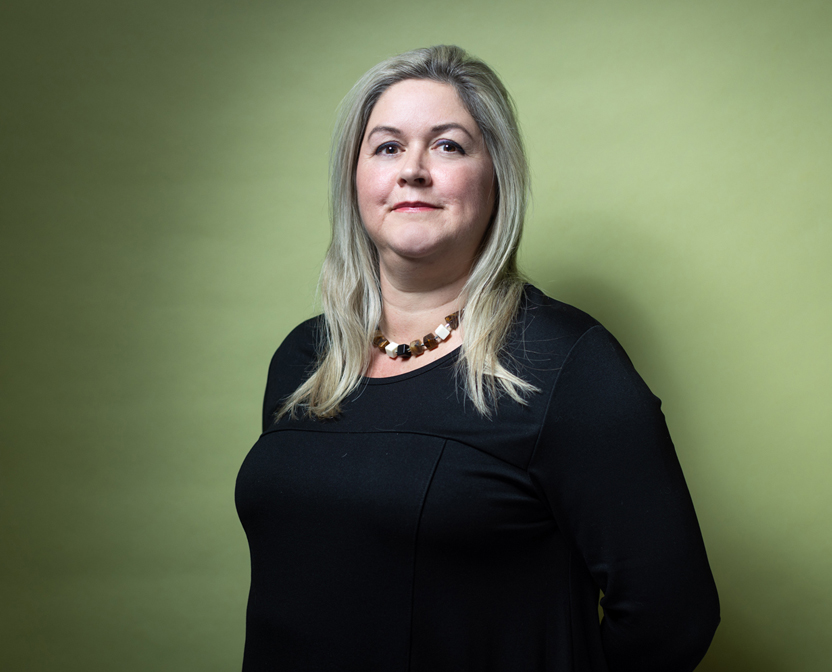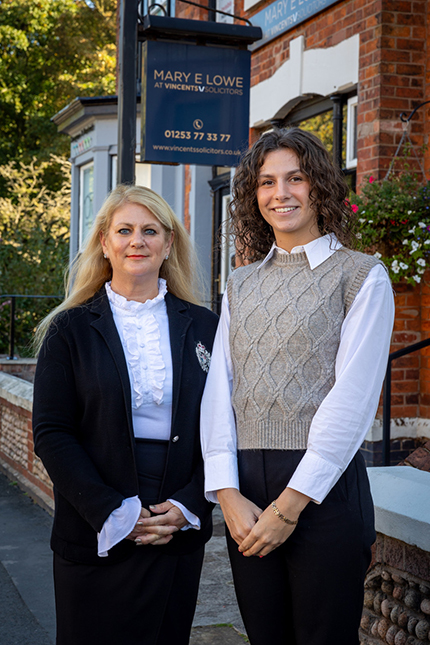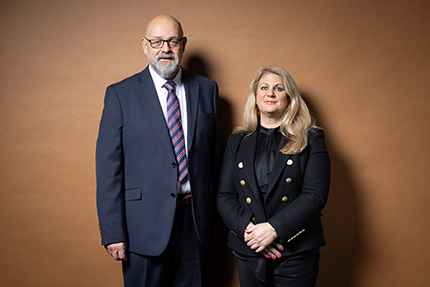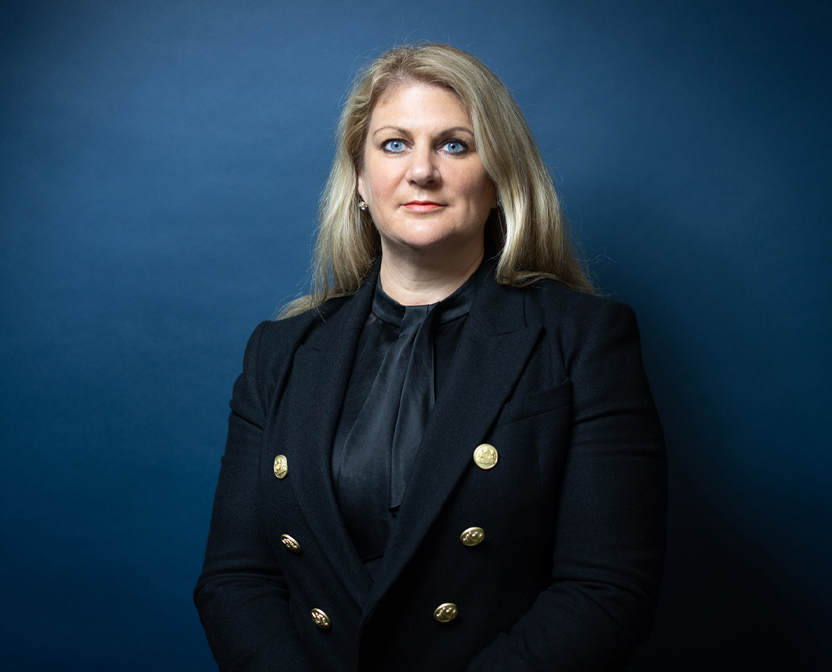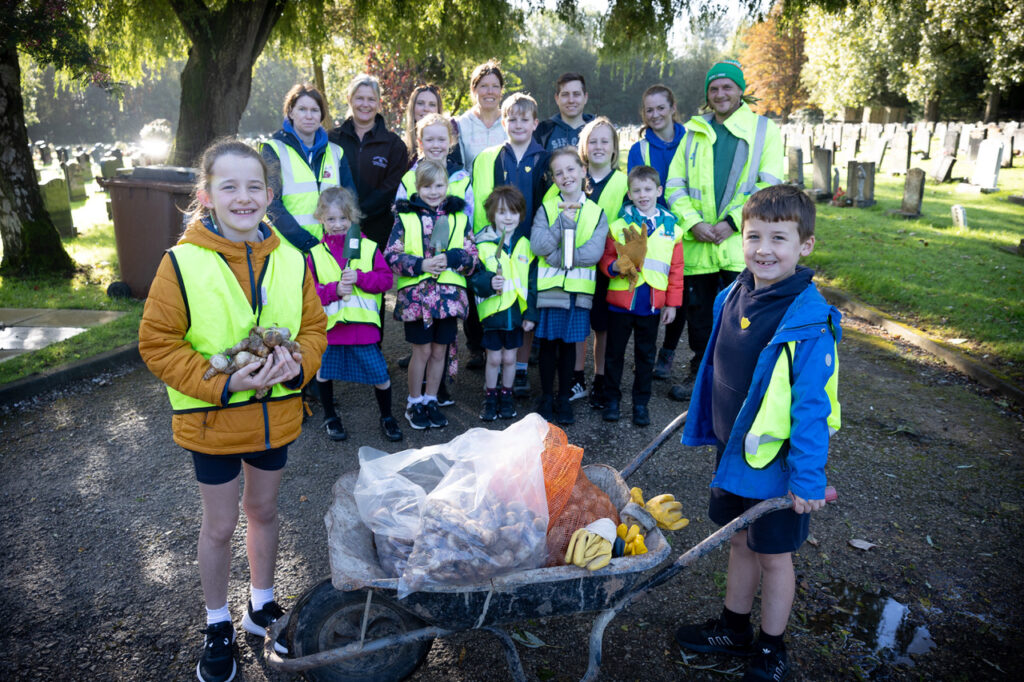Request a Callback

Request a Callback

Meet our team of experts
Clear Advice Feels Better
Frequently asked questions
If you and your spouse have agreed all of your financial matters by consent then the costs are considerably reduced and once you have exchanged financial information, a draft consent order is prepared and approved and signed by both parties and their solicitors and it is then submitted to the Court for the Judge to approve accompanied by a D81 Form and the court fee.
Emotional Abuse is nonphysical behaviour that is to control, isolate, or frighten you. This includes threats, insults, constant monitoring, excessive jealousy, manipulation, humiliation, and intimidation.
An occupation Order allows the Court to decide who should live, or not live, in the home or any part of it. The Order can also exclude the other person from an area around the home.
A final order is a court order that is issued to legally dissolve your marriage.
What is a Conditional Order?
A conditional order is the Court confirmation that there is no reason why you cannot get divorced.
What is TOLATA?
The Trusts of Land and Appointment of Trustees Act 1996 (TOLATA) is the statute of law which governs how non married joint owners of property disputes are resolved. for more information check out our What is TOLATA? page
Common law marriage does not exist in English law. The way in which income, pensions, and capital assets are dealt with on the breakdown of a non-marital relationship is very different from what happens on divorce. There is a perception that couples who are living together will automatically be seen as part of a “common law marriage” and offered many of the benefits and security that married couples enjoy. This is not the case.
This is the form that both parties must fill in and send to the Court if either applies for any financial or property orders. It contains full details of income, savings, investments, debts, and pension funds.
Prenuptial agreements are recognised by the Courts in the UK but crucially they are not binding.
A “clean break” is where a divorcing couple’s financial claims against one another are dismissed. A clean break can be achieved by the consent of both parties or by an order of the Court.
A pension actuary is a specialist who can prepare a report to consider your options when dividing pensions in terms of pension income and value. Without an actuary, it is unlikely we will be able to provide an accurate report as to how pension provisions should be divided.
A particular issue in financial settlements that often causes concern is what happens to the Pension or Pensions.
You do not have to attend mediation if you have agreed all family and divorce matters. If you wish to apply to the Court relating to children or finances on a divorce matter, you will need to normally have attended a Mediation Information Assessment Meeting (MIAM) before making the application to the Court.
A Lasting Power of Attorney sets out who will manage your affairs if you lose capacity through illness or injury. Consider all the things which will need doing.
You need to speak to a firm who has experts in dealing with whatever particular problem that you have whether that be Divorce, Writing your will, Conveyancing or something more specialist like Medical Negligence Misdiagnosis Claims or Trade Marks and Patents. At Vincents we have specialists across 7 locations who are approachable, knowledgeable and speak in plain english. Try and call us today and find out if we are the right fit for you.
Mediation helps couples going through separation or divorce to work out and agree arrangements for themselves and their children. If these issues can be agreed between you through mediation, it saves the cost of going through a Court to make the decisions for you.
Every case turns on its own facts. A review of your specific facts will allow us to answer this crucial question. What we can advise is that the Court has open to it a number of options.
It will take at least 20 weeks from the date the divorce application is acknowledged by the respondent to the date of the conditional order (the first stage). It will take a minimum of a further 6 weeks before you can apply for the final order ending your marriage or civil partnership. You may be advised to delay the final order until the financial arrangements are resolved.
Coercive Control is isolating you from friends and family, controlling what you eat, what you wear, what you do, where you go, tracking you and preventing you to obtain support.
A Lasting Power of Attorney sets out who will manage your affairs if you lose capacity through illness or injury. Consider all the things which will need doing.
Family Law Client Testimonials
Clear Advice Feels Better
Clear Advice Feels Better

Divorce Client Review
Mr Mark Mosley has a wonderful manner ensuring that I understood all stages of the process. He was always supportive. I wish to take this opportunity to thank him, Mark is without doubt the person I would recommend to anyone going through a Divorce.

Anon,
Preston
Family Client
Preston
Clear Advice Feels Better

Family Law Client Thank you
Thank you so much Val you have helped me through this and I feel more confident for tomorrow whatever the outcome is.

anon,
Family Law
Family Client
Preston
Clear Advice Feels Better

Family Law Client Testimonial
It’s been a long year with all this so I’d like to also say thank you for all you and Martin have helped me and the girls it’s massively appreciated.

Anonymous,
Family Law
Family Client
Preston















